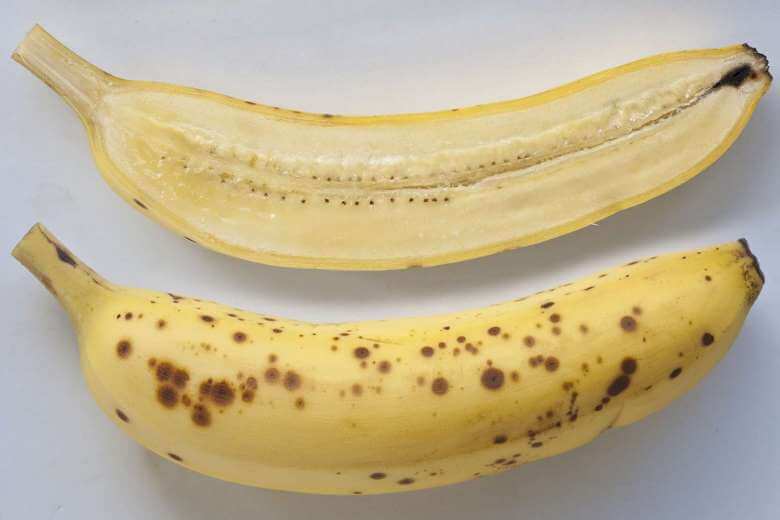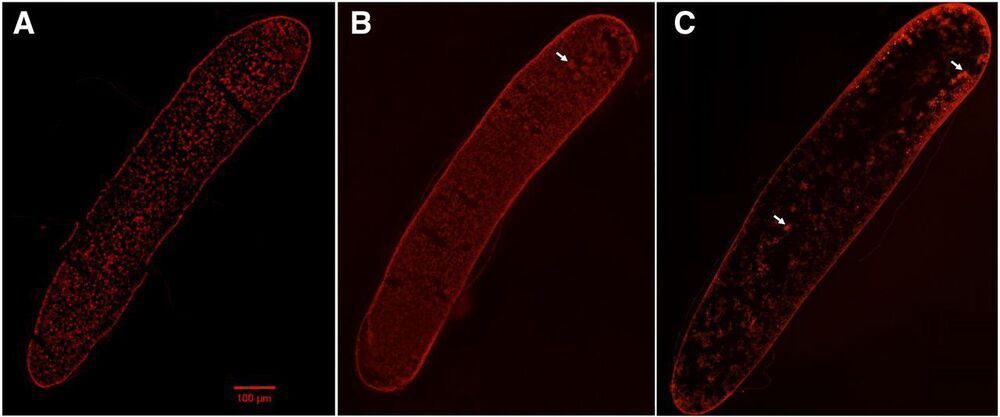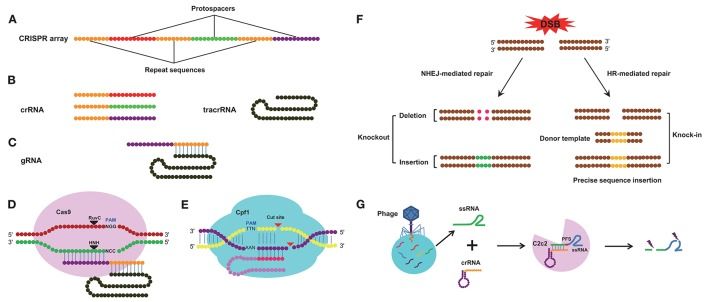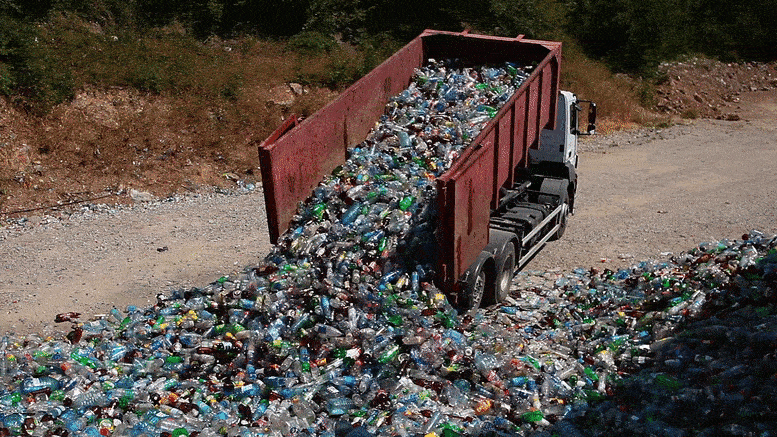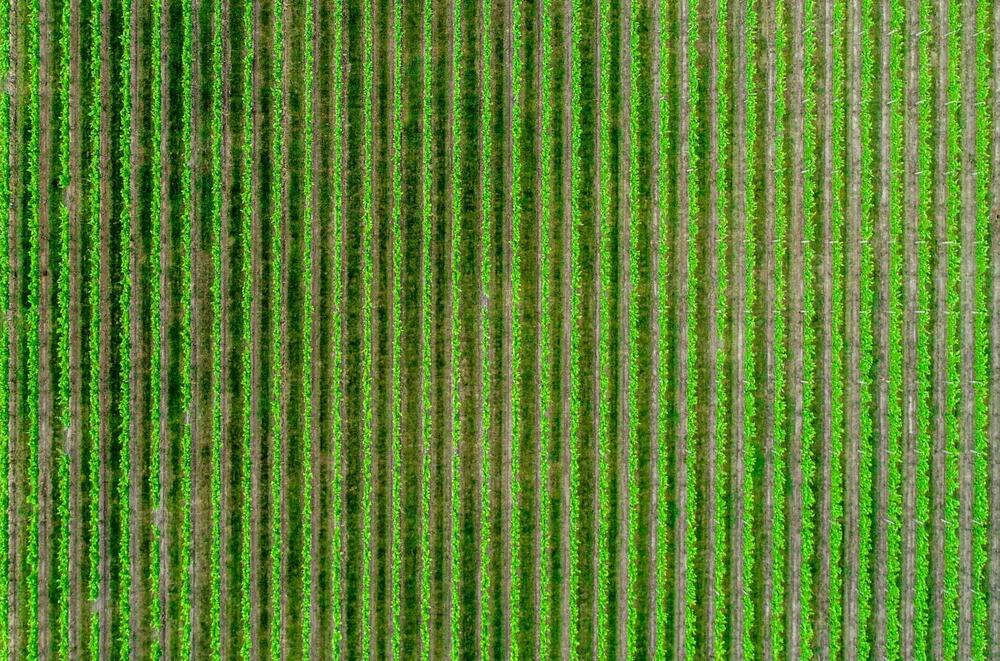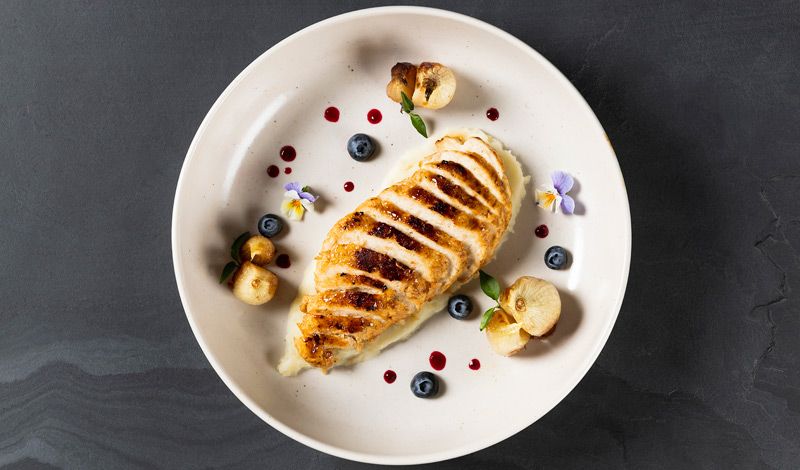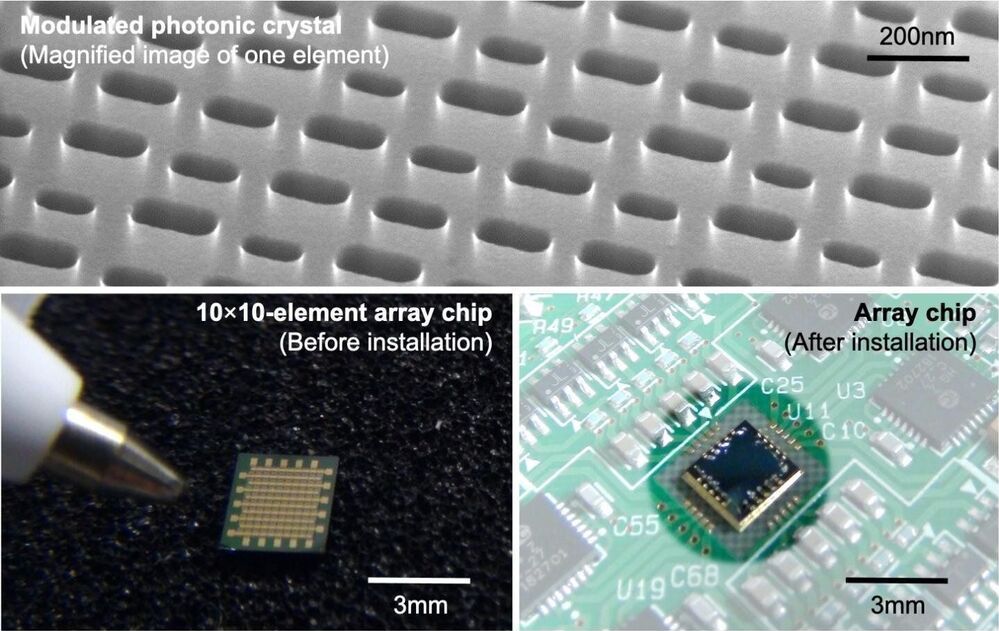O,.o Circa 2019
CRISPR/Cas9 is now a household name associated with genetic engineering studies. Through cutting-edge research described in their paper published in Scientific Reports, a team of researchers from Tokyo University of Science, Meiji University, and Tokyo University of Agriculture and Technology, led by Dr Takayuki Arazoe and Prof Shigeru Kuwata, has recently established a series of novel strategies to increase the efficiency of targeted gene disruption and new gene “introduction” using the CRISPR/Cas9 system in the rice blast fungus Pyricularia (Magnaporthe) oryzae. These strategies include quicker (single-step) gene introduction, use of small homologous sequences, and bypassing of certain prerequisite host DNA “patterns” and host component modification.
The team led by Dr Arazoe and Prof Kuwata has devised simple and quick techniques for gene editing (target gene disruption, sequence substitution, and re-introduction of desired genes) using CRISPR/Cas9 in the rice blast fungus Pyricularia (Magnaporthe) oryzae, a type of filamentous fungus. Spurred on by encouraging results, the researchers surmise, “Plants and their pathogens are still coevolving in nature. Exploiting the mutation mechanisms of model pathogenic fungi as a genome editing technique might lead to the development of further novel techniques in genetic engineering.”
The working component of the CRISPR/Cas9 system binds to the target gene region (DNA) and causes a site-specific double-stranded break (DSB) in the DNA. Effective binding of this component requires a certain “motif” or “pattern” called the protospacer-adjacent motif (PAM), which follows downstream of the target gene region.
